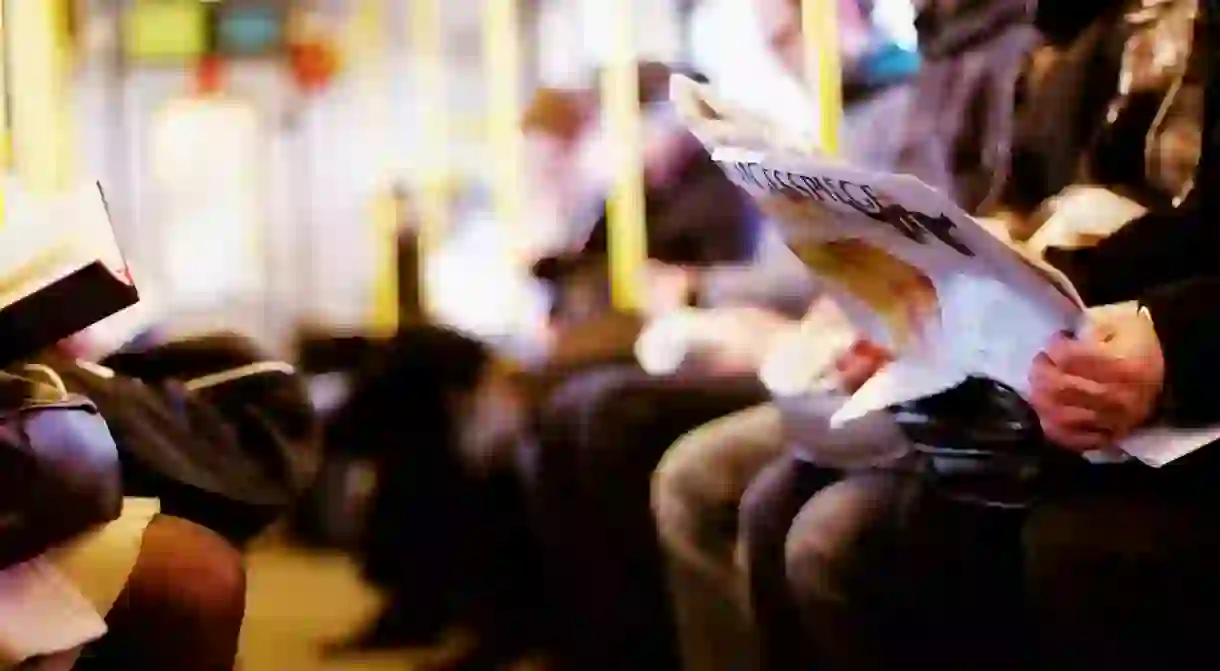These German Cities Are Making Public Transport Free to Fight Pollution

Facing huge penalties from the EU for failing to reduce air pollution, Germany has announced that it will test free public transport in five cities. Bonn, Essen, Herrenberg, Reutlingen and Mannheim will benefit from the trial, which, according to proposals, will be in place by the end of the year. The move comes as a radical proposal to reduce road traffic as Germany scrambles to meet EU air pollution targets.

A bold move to appease Brussels
Under pressure from the European Union to rein in air pollution levels, the German government reportedly drafted a proposal to the European Environment Commissioner, Karmenu Vella. The letter, written by German Environment Minister Barbara Hendricks, Agriculture Minister Christian Schmidt and Chancellery office chief Peter Altmaier, outlined the proposed trial of free public transport in the five German cities, including Herrenberg, one of Germany’s most polluted cities. The letter also reportedly proposed instating low-emission zones for large transporter vehicles, increasing the number of electric taxis and boosting incentives for electric cars in general.
While the plan may seem drastic, action is needed soon, as Germany and eight fellow EU members failed to meet a January 30 deadline to meet EU limits on nitrogen dioxide targets. Karmenu Vella gave the countries extra time to present further pollution-reducing measures or face legal action. The move comes some two years after the controversial dieselgate, the Volkswagen emissions scandal that unleashed a wave of criticism toward the auto industry.

Moving into ticketless travel
The proposal is a drastic one, but it hasn’t entered the planning phase yet and moving into ticketless travel could prove to be more difficult than expected. Before making free public transport a reality, there are some big questions that need to be answered.
One of the biggest issues is that cities need to increase their public transport offering with more buses and streetcars, to accommodate the rise in passengers. The additions to these fleets would need to be eco-friendly buses and streetcars in order to generate a real impact. Bonn mayor, Ashok Sridharan, told news agency DPA, ‘I don’t know any manufacturer who would be able to deliver the number of electric buses we would need to meet increased demand if transport was free.’
The Association of German Transport Companies (VDV) also told DPA they were critical of the government’s plan, particularly when it comes to the cost. According to the VDV, almost half of the money that goes into Germany’s civil public transportation companies comes from ticket sales, which generate around €12 billion each year. Despite this criticism, auto-industry giants such as BMW, Mercedes-Benz parent Daimler and Volkswagen have agreed to pay around €250 million into a billion-euro fund to upgrade local transport.

Avoiding driving bans
The German government’s plan to test free public transport was one of Berlin’s latest efforts to conform to environmental standards and appease Germany carmakers. On February 22 the Federal Administrative Court in Leipzig will decide whether driving bans for diesel cars are legal. If the court should rule in favour of the bans, it will be a game changer for air quality in Germany’s most polluted cities, but it would also be a hard blow to the German auto industry. The free public transport proposal could act as a middle ground for Germany to move closer to meeting the air pollution standards.













